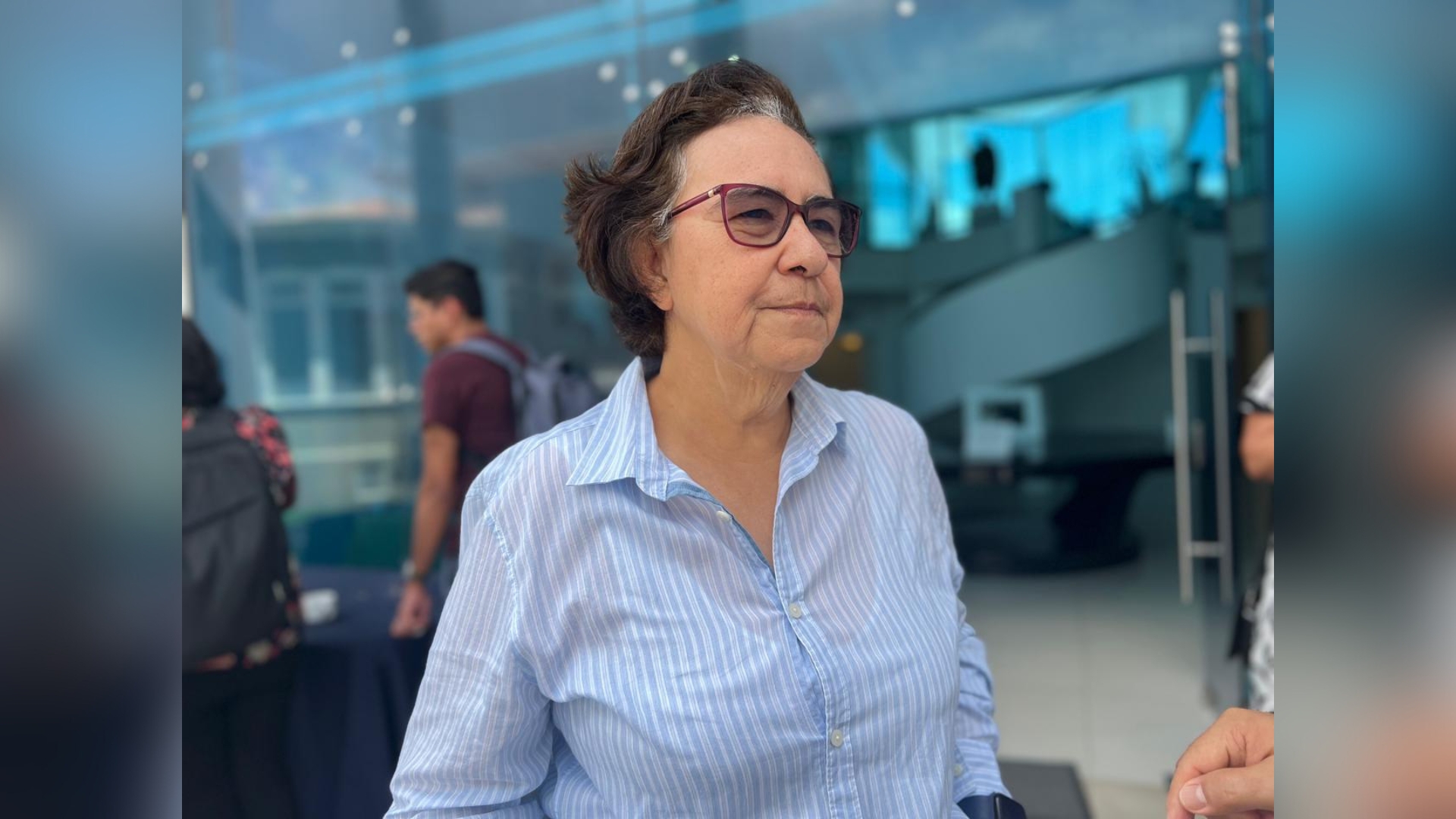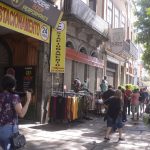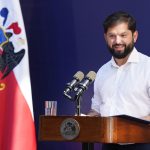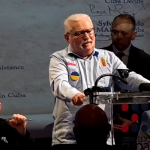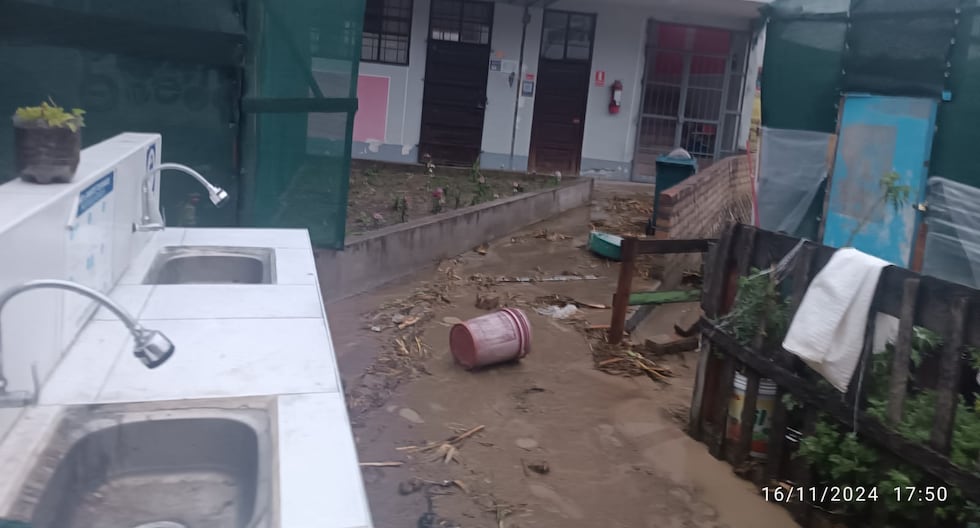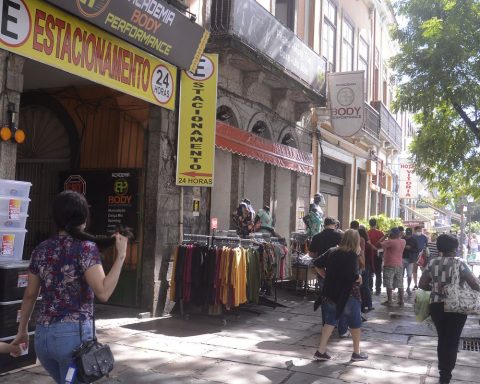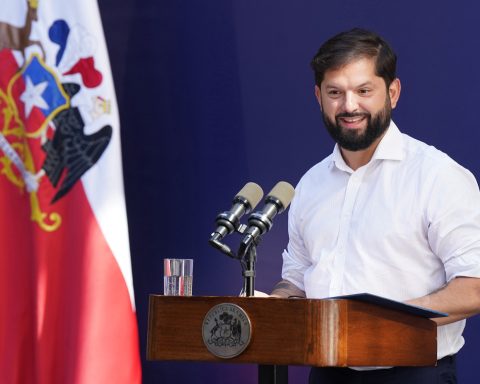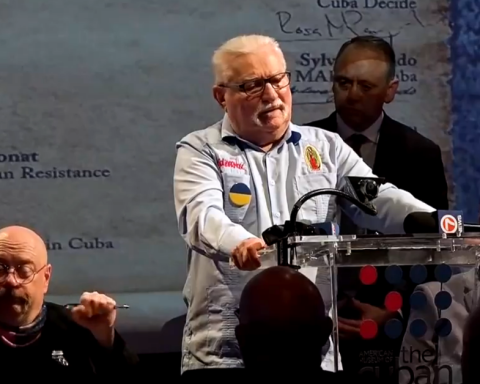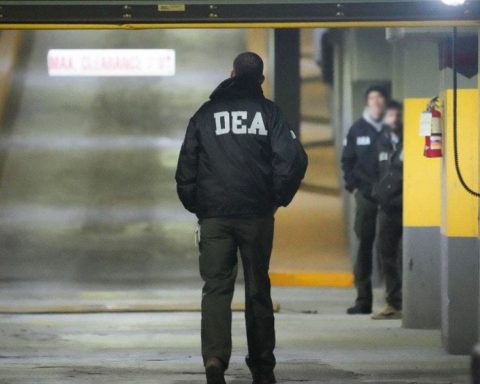On February 15, 2023, Nicaraguan feminist activist and human rights defender Azahálea Solís was at her home in Managua, taking a break from her daily activities and was preparing to watch a movie, when she learned that the Ortega-Murillo dictatorship She had stripped 94 Nicaraguans of their nationality, but in the first information she received, they did not tell her that she herself was on that list.
Minutes later she received a call in which they gave her more information confirming that she was indeed on that “black list” of the dictatorship, and they warned her of something worse, which put her in extreme danger. Almost all of those whom the dictatorship was branding as “traitors to the country, coup plotters and terrorists” and stripping them of their nationality were outside Nicaragua, except for a few “cleaners” like her and Sofía Montenegro, also denationalized at that time, who were in Managua.
Understanding the absurdity and illegality of the case, the human rights defender commented to herself: “why are they going to take away my nationality. “What nonsense! But they haven’t opened any process,” Solís questioned, while failing to take into account that in reality this dictatorship has no qualms about carrying out abusive sentences and without observing the formalities expected of a serious and respectful of the laws.
But the die was already cast, until that moment the dictators Ortega and Murillo were getting their way. Through their political operators in the Judiciary, they stripped Solís and 93 other compatriots of their nationality, among whom was also the director of Article 66the journalist Álvaro Navarro.
Related news: They compare Daniel Ortega with Hitler for applying exile and denationalization as punishment to his critics
Azahálea had no choice but to save her life and freedom, accepting at that moment that the dictators had the keys to the prison in their hands and their armed henchmen, ready to go hunting for opponents, so, like herself, He says it: «I had to accept exile, forced displacement to another country, joining the ranks of Nicaraguans who live in exile. Until the last moment of that February 15, 2023, I was in Nicaragua and now I live in exile,” he said in a recent interview with this media outlet.
Furthermore, the feminist is part of the older adults who also had their pensions and properties confiscated. He left the country with what he was wearing. “It is medieval savagery,” said the defender when referring to the exile carried out by the tyrants of Nicaragua.
Until that moment, together with Azahálea Solís, the Ortega-Murillos had ordered the denationalization of 316 Nicaraguan dissidents, sentenced to statelessness, a crime considered against humanity by the United Nations.
UN Human Rights Committee registers case of denationalization of Azahálea Solís
On November 14, the UN Human Rights Committee registered for the first time a case of denationalization in Nicaragua at the hands of the dictatorship; that of Azahálea Isabel Solís Román, lawyer and specialist in constitutional law, feminist, defender since the canceled Autonomous Women’s Movement (MAM), member of the Legal Defense Unit (UDJ).
For the UDJ, the registration of the Solís case in the UN Human Rights Committee is of great importance as it is the first time, since the Nicaraguan tyranny put into practice the stripping of nationality from opponents, that this instance of the United Nations makes an official record for the purposes of monitoring one of these cases and that will allow all denationalizations to be taken into account and made visible.
“The case can open the way for justice and structural reforms in Nicaragua in favor of victims of statelessness from 2023,” says the UDJ.
Related news: What does it mean to be stateless? These are the implications of Ortega’s punishment of opponents
The Ortega and Murillo regime has attempted to present to the UN the issue of denationalization of opponents as a matter of “national sovereignty”, that is, that no one should get involved in it because it is a matter of “Nicaragua with its citizens.”
For Azahálea Solís, the position of the Managua regime is pure “lies and cynicism” because the tyrants try to impose on the international community that takes away nationalities because they are from Nicaragua, “something like: I killed her because she was mine,” exemplifies the lawyer. .
Likewise, the UDJ explains that the record of the arbitrary deprivation of nationality in Nicaragua in the case of the feminist activist and lawyer of that organization opens milestones for addressing statelessness in this Central American country that for several years has been seriously questioned in the international community for a series of human rights violations.
First of all, says the lawyers’ organization, “the committee has the opportunity to establish a criterion on the patterns of repression in Nicaragua, especially against human rights defenders.”
Furthermore, based on the recognition and official registration before the UN Human Rights Committee of the first case of statelessness in Nicaragua, “new jurisprudence on various rights not contemplated in the International Covenant on Civil and Political Rights” can be developed.
Likewise, “it may be the first case in which the Committee declares the autonomous violation of the “right to defend human rights”, marking an important advance for its protection worldwide.”
Related news: The US sanctions 13 Ortega officials responsible for the denationalizations and confiscations of opponents
It must be taken into account, explained Article 66 lawyer Solís herself, which “is the first case specifically recorded regarding the pattern of arbitrary deprivation of nationality in Nicaragua that is brought before the Human Rights Committee.”
Likewise, the Committee has the opportunity to “establish a criterion on the patterns of repression in Nicaragua against human rights defenders.”
Finally, they insist that the UN will be able to develop new jurisprudence on various rights not contemplated in the International Covenant on Civil and Political Rights, but protected by rights already contemplated in said Covenant, among them, “the right to nationality, the right to property , the right to social security, the right to defend human rights.
In other words, the Nicaraguan dictatorship “will have to demonstrate that denationalization is legal” otherwise, recognize that the measure is non-existent. Furthermore, these analyzes are important “for the international criminal processes that are being built” against the dictators. and his regime.
